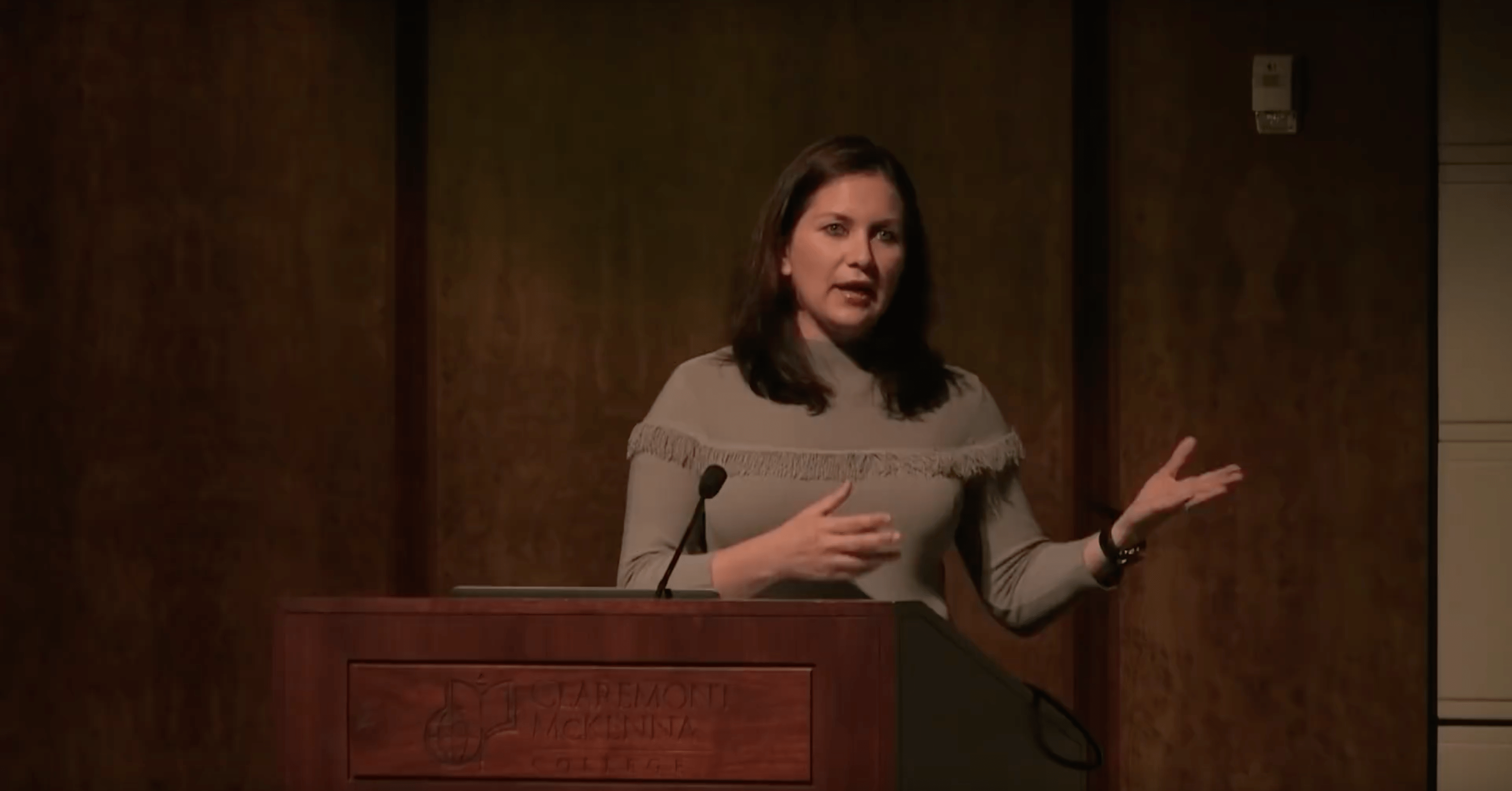

In both foreign and domestic reporting, Rukmini Callimachi consistently reveals herself as the classic journalist, presenting powerful insights from behind-the-scenes investigations. Currently covering US homeowners and the housing sector, Rukmini gets deep into the inner workings, as well as the unseen flaws and failings, across the system, including public policy, market economics, and the growing housing crisis. Her latest New York Times series focuses on the loss and aftermath of the 2025 Los Angeles fires.
Her versatile experience includes groundbreaking reporting on al-Qaeda, ISIS, and terrorism; COVID-19 directives and consequences across the US; the racially charged shooting and death of Breonna Taylor in Louisville; and various international conflicts and catastrophes throughout Africa and Asia.
Rukmini offered her views on approaching her work:
I think our job as journalists is to understand and to bring gray where there is only black and white. Because there's always gray. I try to build stories around images because I think that's the way that the human brain works. The idea is that you look at the prose almost like a tree. You have to pare it down. You have to take out all of the extra limbs, all of the extra shrubbery, so that you can really see the form. I try to practice that idea in journalism: to distill the language.
Rukmini joined The New York Times in 2014 as a foreign correspondent covering al-Qaeda and ISIS, following several years reporting from India and West Africa. A four-time Pulitzer Prize finalist, her accolades include the George Polk Award for International Reporting, multiple Overseas Press Club Awards, and the Michael Kelly prize for “the fearless pursuit and expression of truth.” She was selected to receive the International Center for Journalists' inaugural Integrity in Journalism Award for her “exceptional contribution to exposing crimes against humanity.”
A former refugee, her family escaped Communist Romania when she was five. Her upcoming memoir leverages her investigative skills to link Romania's Cold War turbulence to her personal story.


Keywords: ISIS, Al Qaeda, journalism, Mideast, terrorism, foreign affairs, Caliphate, Jihad, Arab issues, columnist, faith and religion, Israel, Iran, Iraq, media, military, national security, refugee, podcasts, Pulitzer Prize, Syria, women, war, religion, Yazidis